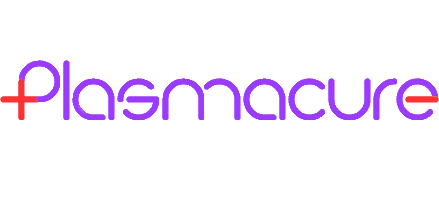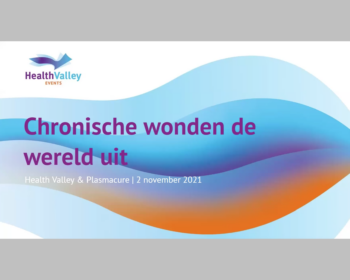Webinar and round table discussion.
Wounds that do not heal have a substantial impact on a person’s life. People who, for instance, cannot walk and work feel ashamed and isolated. It also has an environmental impact. Besides the wound being uncomfortable, it also has a big financial impact on healthcare funding. In the Netherlands alone the costs amount to 2 billion per year. The 5-year survival rate for people with non-healing wounds is lower than for people with breast- or prostate cancer. Therefore, the urgency to solve this problem is high!
During the webinar and the round table discussion, we have dived into the problem through the perspective of the practitioner as well as the patient. We also look at the acceleration of possible solutions.
Speakers:
Diabetes association Netherlands: Angela de Rooij, Policy advisor
Máxima Medical Centre: Ingrid Ruys, Diabetes podiatrist
VGZ health insurance: Stefanie Daleweij, Innovation manager Healthcare
Plasmacure: Koen Lim, Medical Officer
Primary investigator PETH Study Plasmacure: Joost van der Kleij, Dermatologist
A few large obstacles are noted:
– Gathering concrete figures are difficult, because the cause of a wound is not documented in registration systems. There is also no ‘owner’ for wounds, meaning that complex wounds are treated by many different disciplines.
– The dramatic impact that a wound can have – for instance amputation – is being understated. Patients as well as doctors, emergency care, home care, specialists and other healthcare personnel often do not see the urgency of promptly referring patients to the necessary wound care specialists.
– Foot care teams seem to work in different ways in different centres, with varying levels of quality as a result. Regional coordination throughout the chain seems to be a solution that leads to fewer amputations.
– This is not a sexy topic of discussion, whilst there is much to gain. A lot of suffering can be prevented if more people can recognize and acknowledge the problem. It is necessary to have more nationwide attention.
– Segmented care obstructs integral, transmural treatment and better care.
These obstacles were discussed, together with ideas of how they can be improved. PLASOMA is an interesting innovation that can contribute to a reduction in workload and the improvement in wound healing. The round table discussion, as well as the webinar, were highly informative.
The video’s (in Dutch):
Webinar
Round table discussion


